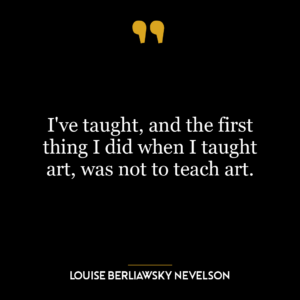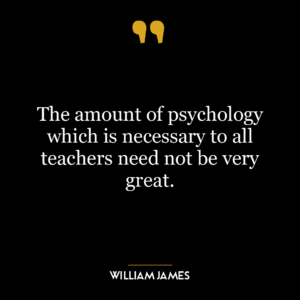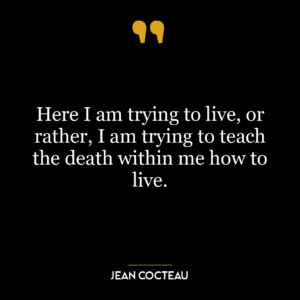This quote suggests that Zen Buddhism is an attempt to return to the most basic and essential teachings of Buddha, with a focus on achieving enlightenment without any preconditions or hidden agendas. The term “without strings” implies a sense of purity and freedom, suggesting that enlightenment should not be contingent upon anything else, but rather, it should be a natural and direct experience of one’s inner truth.
In the context of Zen Buddhism, enlightenment is the ultimate state of awareness and understanding, where one transcends the illusions of the self and the world to experience reality as it truly is. It’s a state of absolute freedom, clarity, and peace. Therefore, Zen seeks to facilitate this direct experience of enlightenment without the need for elaborate rituals, dogmas, or philosophical discourses, which are often seen as ‘strings’ that can distract or hinder one’s spiritual journey.
In today’s world, this idea is highly relevant as people often get caught up in the complexities of life and lose sight of their true nature. The ‘strings’ could represent anything from societal expectations, materialistic desires, to various beliefs and ideologies that limit our perspective and prevent us from experiencing life in its purest form.
In terms of personal development, the quote suggests that we should aim for a state of awareness and understanding that is free from external influences and preconceived notions. This means being present in the moment, accepting reality as it is, and letting go of unnecessary attachments. It encourages us to simplify our lives and our minds, to strip away the ‘strings’ that bind us, and to seek truth and understanding from within. This approach can lead to a greater sense of peace, clarity, and freedom in our lives. It can help us become more authentic, mindful, and compassionate, and it can inspire us to live in a way that is in harmony with our true nature and the world around us.








